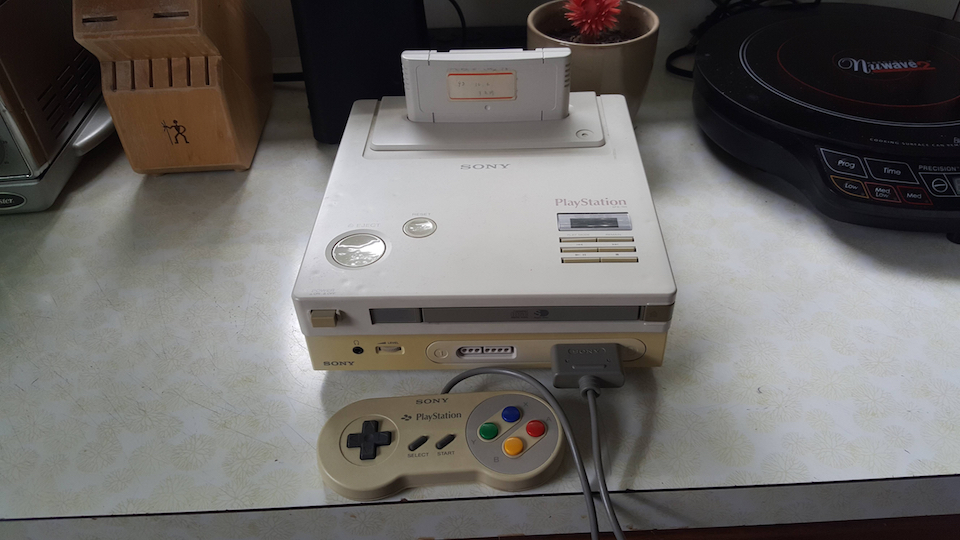Robin64
Member
We all remember the SNES CD-ROM "PlayStation" prototype that was discovered, but sadly it couldn't play anything from CD and that aspect of it seemed like it was non functional.
Well after 18 months, the guy got it working!
https://arstechnica.com/gaming/2017/05/success-the-nintendo-playstation-prototype-is-fully-functional/
If he's serious with this part, I can think of only one emulator writer that should get their hands on this. byuu, are you around?
Well after 18 months, the guy got it working!
https://arstechnica.com/gaming/2017/05/success-the-nintendo-playstation-prototype-is-fully-functional/
In a newly posted video, Heck lays out how the system's CD-ROM drive suddenly started sending valid data to the system literally overnight. "I was working on this yesterday and the CD-ROM wasn't even detecting the disc," Heck says in the video. "I came in this morning and jiggled the cables around and got ready to work on it some more, and all of a sudden it works... did a magic elf come in overnight?"
"I should really loan this to one of the emulator writers," Heck says in the video. "The bootstrap code to load games needs to be tweaked now that programmers know how actual hardware works... now it's down to the programmers learning what the hardware can actually do versus what they thought it could do."
If he's serious with this part, I can think of only one emulator writer that should get their hands on this. byuu, are you around?


